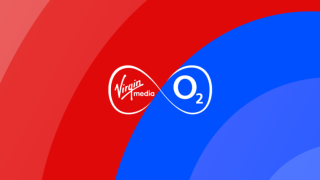The Federal Communications Commission (FCC) says it wants to experiment with advanced wireless communications and network research in Salt Lake City (pictured) and New York City.
FCC chairman Ajit Pai said: “These projects will test new advanced technologies and prototype networks like those that can support 5G technologies. We’re also establishing a process to ensure new innovators can have access to this testing resource while protecting current, licensed users.”
The FCC is working with the National Science Foundation (NSF), which runs a Platform for Advanced Wireless Research – and this body formally proposed these particular Innovation Zones, saying they “will enable experimental exploration of robust new wireless devices, communication techniques, networks, systems, and services that will revolutionise the nation’s wireless ecosystem”.
Under this initiative, organisations involved can conduct multiple experiments under a single authorization within a defined geographic area.
The NSF said it wanted to enhance “broadband connectivity, leveraging the emerging internet of things (IoT), and sustaining US leadership and economic competitiveness for decades to come”.
In New York City the focus will be on a cloud enhanced open software defined mobile wireless testbed for city-scale deployment (Cosmos) in West Harlem, that will be run jointly by Rutgers University, Columbia University and New York University, in partnership with the City of New York.
The Innovation Zone in Salt Lake City will support a platform for open wireless data-driven experimental research with massive MIMO capabilities (Powder), to be run jointly by the University of Utah and Rice University, in partnership with Salt Lake City.
The FCC said that Innovation Zones’ partner universities and the cities themselves will enable test bed development and deployment supported by the NSF along with a consortium of telecom and tech companies.






